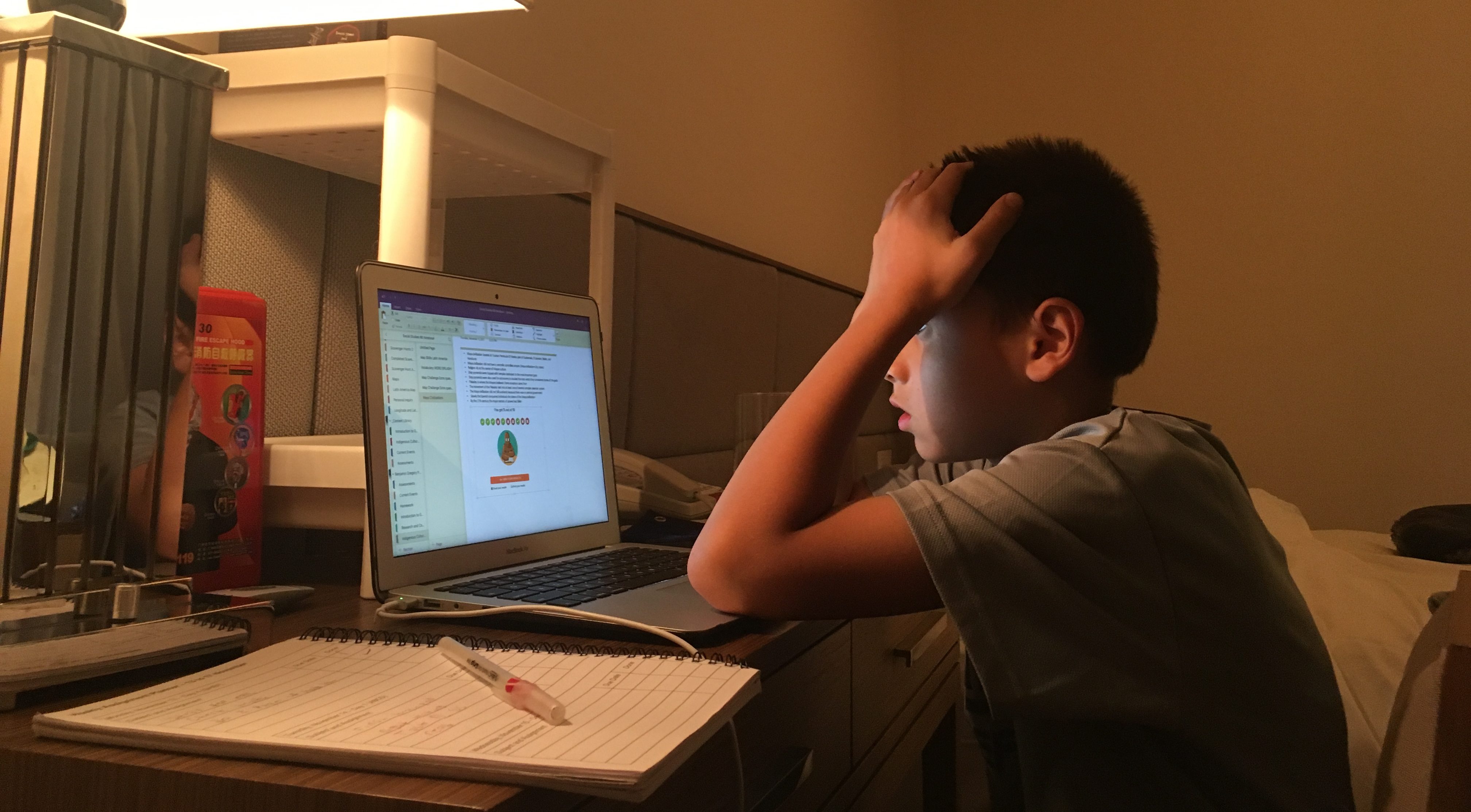
Most students want to do well at school. Why? There are multiple motivators for a student’s performance at school. One could be competition. Students might compete against each other for the best grade, the highest score. It could also be the student’s own personal motivation, what they want for themselves. The most prominent motivator, however, is parental pressure.
Many students face parental pressure to make good grades, to be the top of the class, and get into the best colleges. According to pamf.org, the number one cause of stress in teens is school and academic-related activities. Many parents believe they are helping their child out, yet they pressure their child so much, that the pressure has the opposite of its intended effect. I surveyed 94 students at AISG about parental pressure, and a combined 85% of students said they received parental pressure, however, only 26% said they received too much pressure. When asked if they thought that parental pressure was harmful or helpful, people were split down the middle: 52% percent said it was more harmful, and 48% said it was helpful.
Academic pressure can create many difficulties in a student’s life. Pressure can cause students to worry excessively about their academic achievements. This can then lead to symptoms such as loss of sleep or low energy, thus negatively affecting the student’s performance in school, leading to a neverending cycle of stress and pressure. One student commented that students under extreme pressure “may show academic dishonesty in order to satisfy their parents.”
Of course, pressuring students to do well can also help the student do well. This pressure can motivate the student to work hard to please their parents, without becoming exceedingly stressed. However, this kind of pressure is usually not severe. According to senior Chirag A, “…parental pressure helps motivate students. If the pressure is put on through positive motivation rather than the fear of consequences, it motivates students to work harder and achieve better grades.”
What if no stress was placed on students? Would it discourage their motivation? Or would it enhance their performance? One could argue this both ways. For some, a lack of parental pressure might encourage laziness, but others believe that a tension-free environment would enhance the student’s performance in school. It might also encourage independence in school. Sophomore Sangyoon K believes that “it should depend entirely on the student” and says that “Students, especially at our age, should be able to moderate ourselves, and make the correct decision.”
Overall, parental pressure can be helpful or harmful to a student’s performance. It depends on how much pressure a parent decides to exert, and the students themselves. Some students respond well to pressure, and some don’t. Some students respond well to no pressure and some don’t. However, parents should use positive encouragement (such as talking about academics to get an idea of what they’re going through), rather than harsh consequences (which will make students feel bad about themselves) as a form of pressure. It is up to the parent and child to determine the right amount of pressure so as to fully allow the student to perform to the best of their abilities.